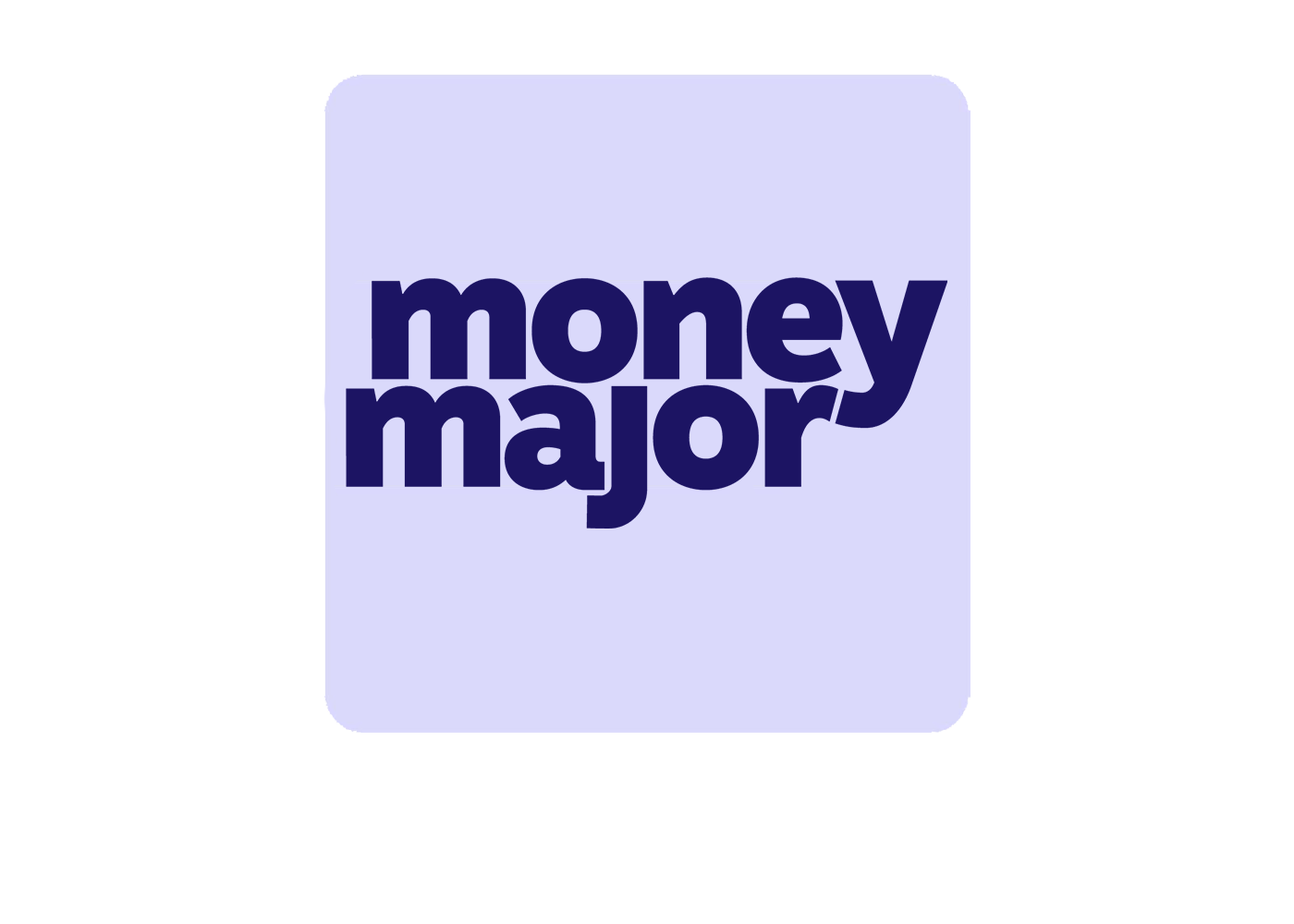Let’s be honest—money can be stressful. Financial worries can sneak into almost every part of daily life, whether it’s trying to stay on top of bills, juggling debt, or figuring out how to save for the future. And when money feels out of control, everything else can start to feel overwhelming, too.
That’s why learning how to manage your money isn’t just a “nice to have”—it’s essential. Good money habits can reduce stress, give you a sense of control, and help you breathe a little easier when unexpected expenses pop up. But it’s not just about surviving the day-to-day; it’s also about setting yourself up for long-term success.
Whether your goal is to build an emergency fund, save for a house, travel more, or retire comfortably, strong money management is the foundation. Thankfully, it’s something you can learn and improve—no matter where you are starting from.
In this post, we’ll break down practical ways to take control of your finances, form smart habits, and build a future that feels secure and exciting.
1. Understand Where Your Money Goes
Ever get to the end of the month and wonder, “Where did all my money go?” You’re definitely not the only one. One of the first—and most powerful—steps in managing your money is simply getting a clear picture of what’s coming in and what’s going out.
Start by tracking all your sources of income and every expense—yes, even that $5 double-double from Tim’s or the monthly streaming subscriptions that quietly auto-renew. Once you start paying attention, you might be surprised how quickly the little things add up.
This is how you start spotting “spending leaks”—those sneaky, often unnecessary expenses that slowly drain your budget. Maybe you are eating out more than you realize, or it’s subscriptions you forgot you were even paying for. When you know where your money’s going, you are in a much better position to make intentional choices.
You don’t need to do this all in your head, either. There are tons of tools that make tracking easy. Apps like Mint, YNAB (You Need a Budget), or even your bank’s mobile app can sync your accounts and categorize spending automatically. If you prefer something simple, a basic spreadsheet or even a paper notebook can work just as well—as long as you’re consistent.
At the end of the day, you can’t manage what you don’t measure. Tracking might seem a bit tedious at first, but it’s a game changer. It helps you feel more in control, less stressed, and way more prepared to make smart financial decisions down the road.
2. Create a Budget That Works for You
Let’s be real—just hearing the word budget can make people cringe. But here’s the thing: A budget isn’t about restriction. It’s about intention. It gives your money a purpose, and when it’s done right, it actually gives you more freedom, not less. The key is finding a budgeting method that fits your lifestyle.
Budgeting Methods
Some people like the 50/30/20 rule—50% of your income for needs, 30% for wants, and 20% for savings and debt repayment.
Others prefer zero-based budgeting, where every single dollar is assigned a job (so your income minus expenses equals zero).
Or maybe you like the hands-on feel of the envelope system, where you use physical cash or digital categories to control spending.
How to Budget
Whatever your budgeting style, the process starts the same:
- Figure out your monthly income
- List out your expenses
- Decide how much you want to save or put toward goals
Be honest with your numbers—and with yourself. If your budget doesn’t reflect your real life, it’s not going to stick.
And remember, budgets aren’t set in stone. Life changes. Maybe your rent goes up, you get a raise, or you start a side hustle. Your budget should grow and shift with you. Revisit it regularly and adjust it as needed.
Meeting Your Budgeting Goals by Managing the Unexpected
3. Set Clear Financial Goals
Managing money is a lot easier when you know why you are doing it. Saving just to “save more” is fine, but saving for something specific? That’s where the motivation kicks in. Whether it’s a weekend getaway, a down payment, or early retirement, having clear financial goals gives your money a purpose—and keeps you focused.
Types of Goals
- Short-term goals might be things you want to achieve within the next year—building a $1,000 emergency fund, paying off a credit card, or saving for a vacation.
- Mid-term goals are things like buying a car, going back to school, or saving for a wedding—typically one to five years out.
- Long-term goals might include buying a home, building wealth, or retiring comfortably—things that take a bit more time and planning.
SMART Goals
Once you know what you are aiming for, make your goals SMART:
- Specific
- Measurable
- Achievable
- Relevant
- Time-bound
Instead of saying, “I want to save more,” try, “I want to save $5,000 for a car by next summer.” That kind of clarity makes it easier to plan and to track your progress. Also, make sure your goals actually reflect your values. If owning a home isn’t a priority but travelling the world is, that’s what your plan should support. Your financial goals should fit your life, not someone else’s expectations.
Setting goals gives your money direction. It turns day-to-day budgeting into something bigger—something meaningful. So take a little time, dream a bit, and start putting those dreams on paper.
4. Build Healthy Financial Habits
Good money management isn’t about luck—it’s about habits. Once these habits become second nature, managing your money gets way easier.
One of the easiest ways is to automate everything you can. Set up automatic transfers to savings as soon as you get paid—even if it’s just a small amount. You can also automate monthly payments to avoid late fees and stress. It’s a simple way to stay on track without having to think about it constantly.
Another key habit is to pay yourself first. Before you spend a dime on anything else, set aside money for savings, investments, or debt repayment. It doesn’t have to be a lot—just something. This one shift helps you prioritize your future instead of spending everything now and hoping something’s left over later.
Also, remember to live below your means. Now, that doesn’t mean never treating yourself—it just means not spending more than you earn.
If you are stuck in a cycle of impulse buying or emotional spending, don’t beat yourself up, but do try to interrupt the pattern. Pause before purchases, unfollow tempting brands on social media, or use the 24-hour rule: wait a day before buying non-essentials. You’ll be surprised how often the urge passes.
Healthy money habits don’t have to be dramatic. Small, consistent changes can lead to big results over time.
5. Save for the Future
If there’s one thing that can seriously boost your financial health, it’s saving for the future. Life is full of surprises—some exciting, some not so much. Having enough money set aside for both the expected and unexpected makes a world of difference.
Emergency Fund
Let’s start with the emergency fund. This is your financial safety net—money you set aside for things like car repairs, vet bills, or job loss. A good rule of thumb is to aim for three to six months’ worth of essential expenses. It sounds like a lot, but even saving a small amount regularly can get you there over time.
Savings Account
Next, think about where you are keeping your savings. A regular bank account is fine for day-to-day spending, but your savings deserve to grow.
Look into a high-interest savings account (HISA) or a Tax-Free Savings Account (TFSA). These options help your money grow faster—and the TFSA gives you the added bonus of tax-free gains. Just make sure you understand the contribution limits.
Whether you are saving for post-secondary education, a down payment on a home, or retirement, it’s never too early to start. These long-term goals might feel far off, but the earlier you begin, the easier it is to build momentum.
Saving doesn’t have to be overwhelming. Start with what you can, automate when possible, and check in on your progress every few months. Remember, building strong savings is one of the most powerful ways to improve your financial health and future-proof your life. Your future self will thank you.
6. Manage and Reduce Debt
Let’s face it—managing debt can feel overwhelming, especially when it feels like you are just treading water. But the truth is, with a solid plan and a bit of patience, you can get ahead of it.
Good vs. Bad Debt
First, it helps to understand the difference between good debt and bad debt. Good debt, like a mortgage or a student loan, can help you build your future. Bad debt—think high-interest credit cards or payday loans—can drain your finances fast if it’s not under control.
Debt Repayment
To start tackling your debt, try using a structured repayment strategy.
The snowball method focuses on paying off the smallest balances first, giving you some early wins and momentum. The avalanche method, on the other hand, targets the highest-interest debts first, which saves more money in the long run. Pick the one that fits your personality and budget, and stick with it.
When repaying debt, make more than the minimum payments whenever you can—even an extra $20 toward your debt payments makes a difference. If you are only making minimum monthly payments, it’s a sign to revisit your budget and possibly cut back spending in other areas.
Also, avoid racking up new debt while you are paying down existing balances. If you are tempted to borrow money to “fix” debt, be cautious—especially with high-interest loans. Focus on changing the habits that led to the debt in the first place.
And don’t forget to check your credit report regularly. It can help you spot errors and track your progress as your debt decreases and your score improves.
Debt management is about progress, not perfection. Take it one step at a time, and celebrate the small wins. You’ve got this.
7. Increase Your Financial Literacy
If you have ever felt that personal finance should be taught in school, you’re not alone. Luckily, it’s never too late to learn, and building your money knowledge is one of the best investments you can make in yourself.
Start small. There are so many great resources out there—books, blogs, YouTube channels, and podcasts—that break down money topics in plain English. Whether you are curious about how credit works, filing taxes, or the basics of investing, you don’t need to become an expert overnight. Just aim to learn a little at a time.
Some popular Canadian resources:
- The Wealthy Barber by David Chilton
- Millennial Money Canada
- More Money with Jessica Moorhouse
Even following personal finance creators on social media can help you pick up tips on the go.
The more you understand how money works, the more confident you’ll feel when making financial decisions—whether that’s choosing a mortgage, investing in a TFSA, or simply budgeting better.
Be prepared for post-secondary

Embark is Canada’s education savings and planning company. The organization aims to help families and students along their post-secondary journeys, giving them innovative tools and advice to take hold of their bright futures and succeed.



